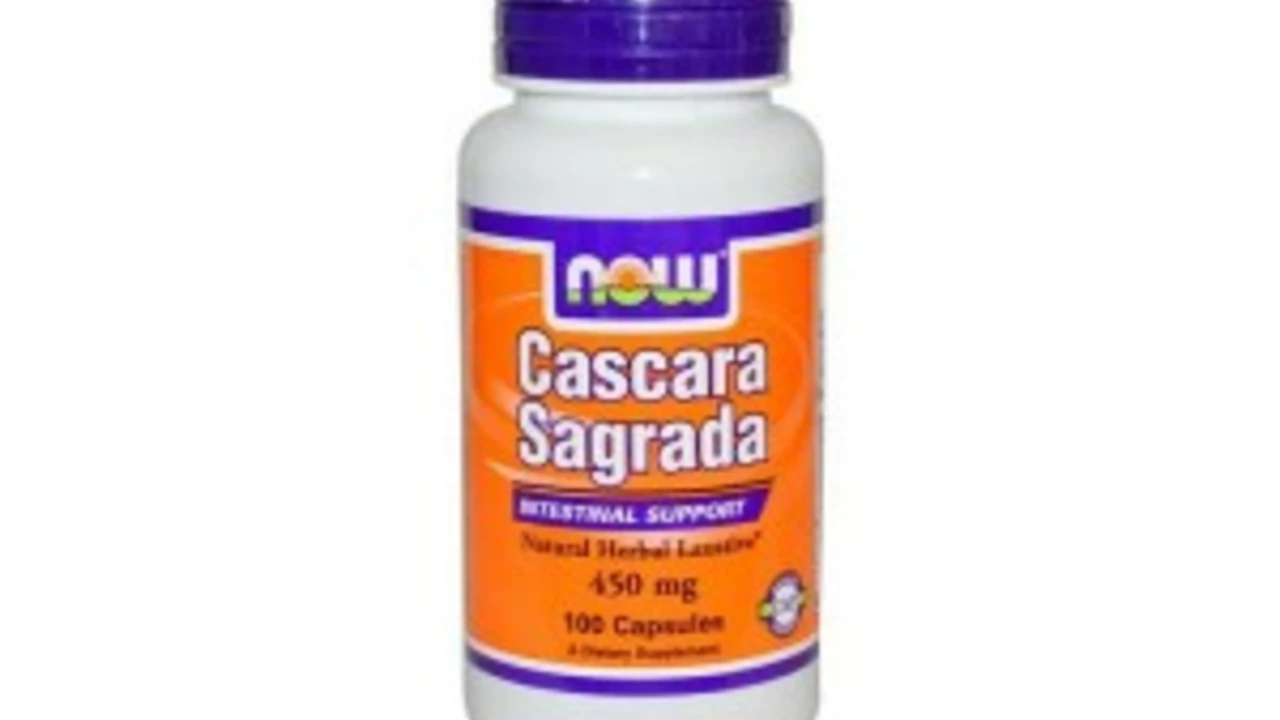Cascara: What It Is, How People Use It, and how to stay safe
Ever heard of cascara and wondered if it’s just another herbal fad? Cascara (often called cascara sagrada) is the dried bark of certain buckthorn trees. People have used it for a long time as a stimulant laxative and as a brewed tea. It can work fast, but it also carries real risks if you use it wrong or for too long.
How people use cascara and what to expect
Most people use cascara as a short-term fix for constipation. You’ll find it as loose bark for tea, powdered extract, or capsules. The active compounds—anthraquinone glycosides—stimulate the colon, so bowel movements come sooner. That’s useful if you’re dealing with occasional blockage, but it’s not a daily solution.
Expect cramping or mild abdominal pain in some users. Other common effects include loose stools and a faster urge to go. If you notice weakness, dizziness, or very irregular heartbeats, stop and get medical advice—those can be signs of bigger issues like dehydration or electrolyte imbalance.
Smart, practical safety tips
Use cascara only short-term. Repeated daily use can make your bowel depend on it and can cause low potassium and other electrolyte problems. Don’t give it to children, pregnant or breastfeeding people, or anyone with undiagnosed abdominal pain, inflammatory bowel disease, or bowel obstruction. If you take diuretics, heart medicines, or other drugs that affect electrolytes, check with your clinician first—interactions can be harmful.
Want to try cascara tea at home? Steep 1 teaspoon of broken bark in a cup of hot water for 5–10 minutes, then strain. Start with a small amount to see how your body reacts. Don’t add sugar or other laxatives to chase a stronger effect—those combinations raise risk without real benefit.
Buy from reputable sellers. Look for clear labeling, batch numbers, and a source or supplier listed. Avoid products that promise rapid, massive weight loss—those claims are red flags. Note that regulatory rules differ by country: some places limit long-term over-the-counter use of cascara or its inclusion in certain supplement blends.
Store cascara in a cool, dry place away from sunlight. Keep it out of reach of kids. If the product smells moldy or looks discolored, toss it.
Still unsure? Ask your doctor or a pharmacist. If constipation is frequent, it’s worth finding the root cause rather than relying on stimulant laxatives. Simple fixes like more fiber, water, movement, and timing routines often help and don’t carry the same risks.
Want links to reliable reads or product tips on our site? Scroll the page or use the search box to find articles and guides related to herbal laxatives, safe buying, and alternatives to stimulant laxatives.

